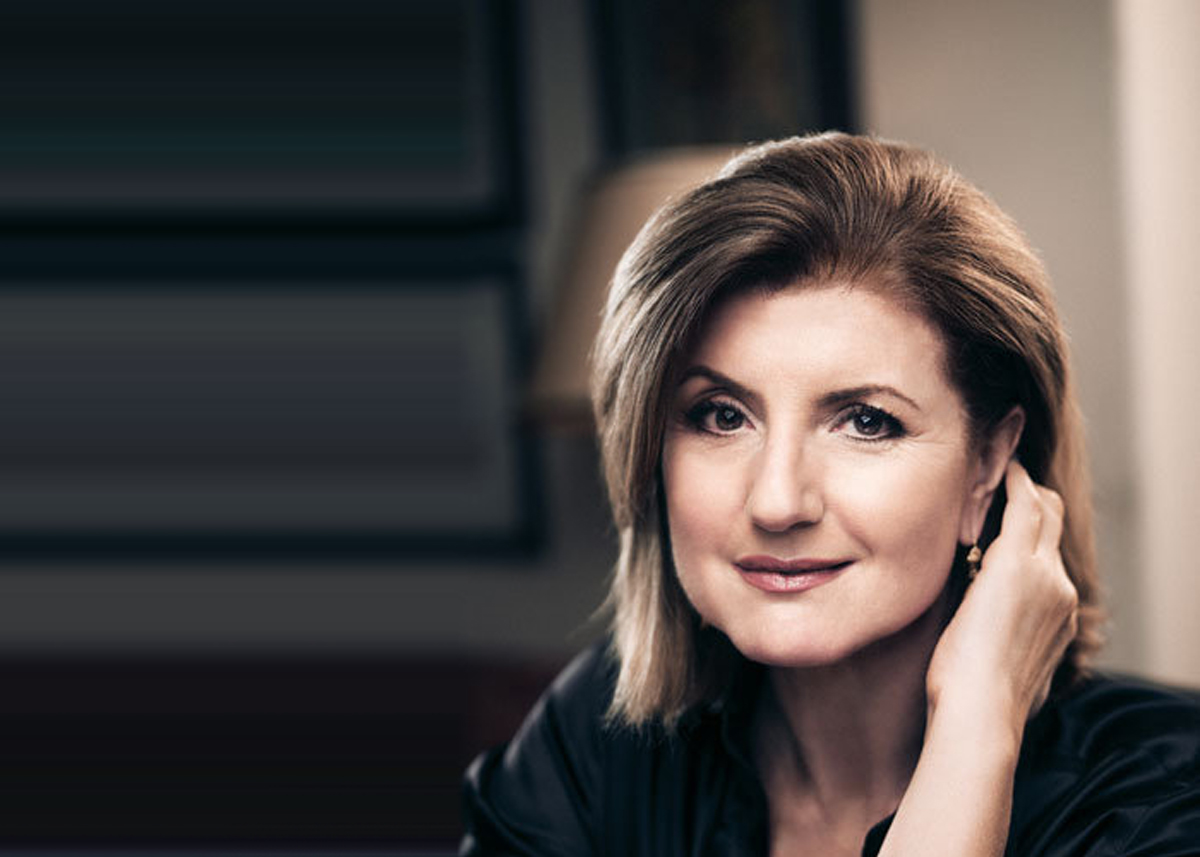We have, if we’re lucky, about thirty thousand days to play the game of life. How we play it will be determined by what we value. Or, as David Foster Wallace put it, “Everybody worships. The only choice we get is what to worship. And the compelling reason for maybe choosing some sort of god or spiritual type thing to worship — be it JC or Allah, be it Yahweh or the Wiccan Mother Goddess, or the Four Noble Truths, or some inviolable set of ethical principles — is that pretty much anything else you worship will eat you alive.”
We now know through the latest scientific findings that if we worship money, we’ll never feel truly abundant. If we worship power, recognition, and fame, we’ll never feel we have enough. And if we live our lives madly rushing around, trying to find and save time, we’ll always find ourselves living in a time famine, frazzled and stressed.
“Onward, upward, and inward” is how I ended my commencement speech at Smith. And in many ways, this book is bearing witness, both through my own experience and through the latest science, to the truth that we cannot thrive and lead the lives we want (as opposed to the lives we’ve settled for) without learning to go inward.
My goal is for this book to chart another way forward — a way available to all of us right now, wherever we find ourselves. A way based on the timeless truth that life is shaped from the inside out — a truth that has been celebrated by spiritual teachers, poets, and philosophers throughout the ages, and has now been validated by modern science.
I wanted to share my own personal journey, how I learned the hard way to step back from being so caught up in my busy life that life’s mystery would pass me by. But it was also important to me to make it clear that this was not just one woman’s journey. There’s a collective longing to stop living in the shallows, to stop hurting our health and our relationships by striving so relentlessly after success as the world defines it — and instead tap into the riches, joy, and amazing possibilities that our lives embody. It doesn’t matter what your entry point is or what form your wake- up call takes. It could be burnout, sickness, addiction, the loss of a loved one, the ending of a relationship, a line of poetry that stirs something ineffable in you (I’ve sprinkled plenty of those throughout the book), or a scientific study about the power and benefits of slowing down, or sleep, or meditating, or mindfulness that speaks to you (I’ve scattered more than plenty of those throughout the book too). Whatever your entry point is — embrace it. You will find you have the wind at your back because that’s what our times are calling for. And I hope I’ve shown that there are many tools in our inner toolbox to help us get back on track when we veer off. And we undoubtedly will. Again and again.
But remember that while the world provides plenty of insistent, flashing, high- volume signals directing us to make more money and climb higher up the ladder, there are almost no worldly signals reminding us to stay connected to the essence of who we are, to take care of ourselves along the way, to reach out to others, to pause to wonder, and to connect to that place from which everything is possible. To quote my Greek compatriot Archimedes again: “Give me a place to stand, and I will move the world.”
So find your place to stand — your place of wisdom and peace and strength. And from that place, remake the world in your own image, according to your own definition of success, so that all of us — women and men — can thrive and live our lives with more grace, more joy, more compassion, more gratitude, and yes, more love. Onward, upward, and inward!
Originally published at journal.thriveglobal.com


